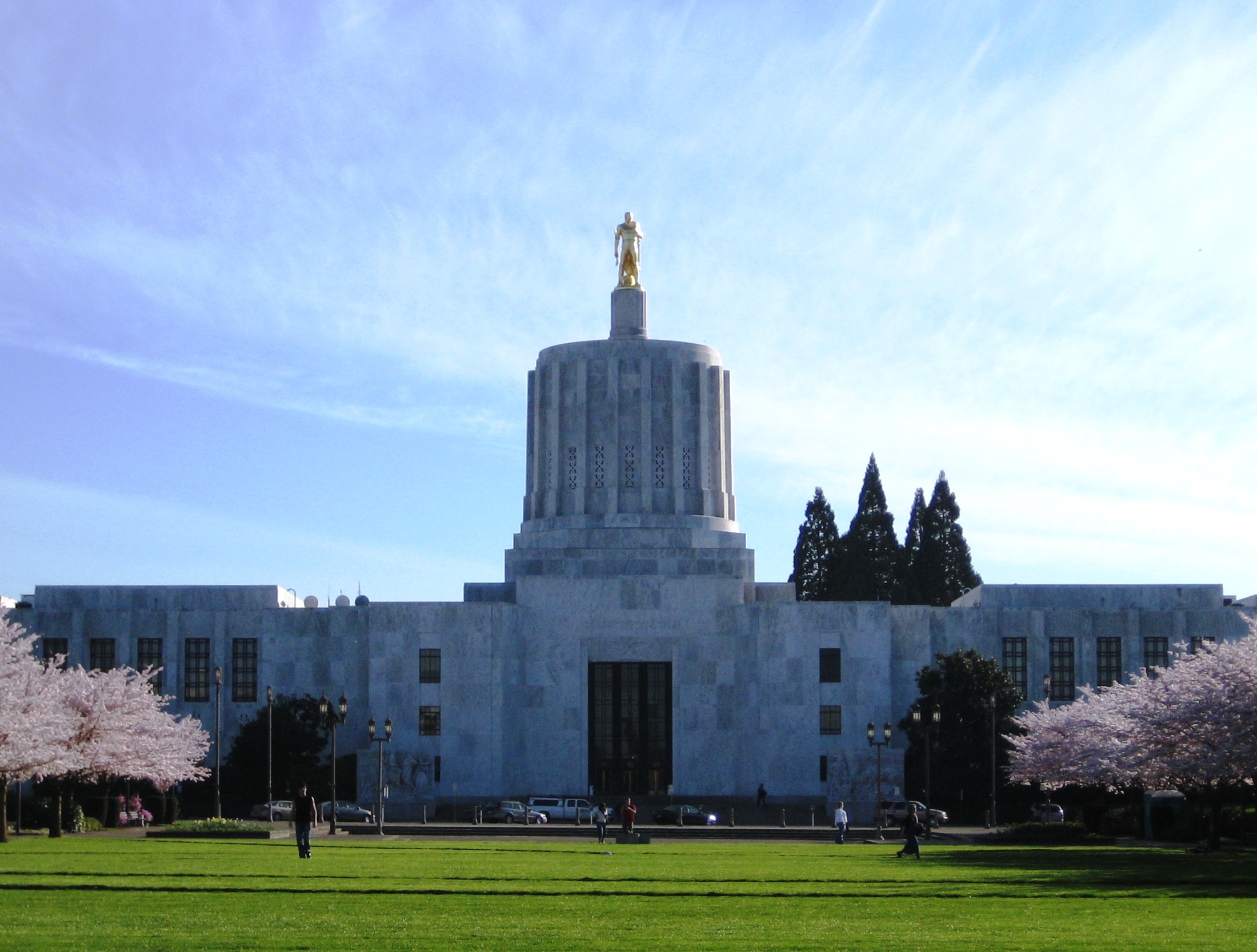Oregon voters will decide on two citizen initiatives this fall alongside three legislative referrals.
Measure 118 was certified for the ballot on July 24 after the secretary of state determined that 122,276 of the 165,426 signatures submitted were valid. Measure 118 would increase the minimum tax on corporations with Oregon sales by enacting a 3% tax on sales greater than $25 million in addition to the minimum tax already required in state law. It would direct the Department of Revenue to distribute the revenue from the additional tax equally to Oregon residents who reside in the state for a total of 200 days or more.
Oregon Rebate is leading the campaign in support of the initiative. The initiative has received endorsements from the Oregon Progressive Party, Oregon Working Families Party, Pacific Green Party, Teamsters Local 206, and Progressive Democrats of America. The campaign reported over $750,000 in cash and in-kind contributions. Jones Holding LLC was the top donor with $510,000 in contributions. The company is based in Los Angeles and is owned by Josh Jones, who supports a universal basic income policy.
Measure 119 was certified for the ballot on Aug. 1. The campaign filed 156,533 unverified signatures, of which 120,503 were found to be valid. The initiative would require cannabis businesses (retailers and processors) to submit to the Oregon Liquor and Cannabis Commission with its licensure or renewal application a signed labor peace agreement between the business and a labor organization where the business agrees to remain neutral when labor organizations communicate with its employees about collective bargaining rights. Cannabis businesses that do not submit an agreement or do not abide by it could have their licensure or certification application denied or suspended.
The primary sponsor of the initiative petition is the United Food and Commercial Workers Local 555, which reported over $2.4 million in in-kind contributions during the signature gathering effort. UFCW Local 555 is the state’s largest private-sector union.
The Oregon State Legislature also voted to refer two constitutional amendments—Measures 115 and 116—and one state statute, Measure 117.
Measure 115 would allow the state legislature to impeach elected state executives. Oregon has the only state legislature that cannot impeach state executive officials. It was approved unanimously by all voting members of the state legislature.
Measure 116 would establish the Independent Public Service Compensation Commission to set salaries for the governor, secretary of state, state treasurer, attorney general, Bureau of Labor and Industries Commissioner, supreme court judges and other judges governed by the Oregon Judicial Department, district attorneys, state senators, and state representatives.
Measure 117 would establish ranked-choice voting (RCV) for elections to federal and state offices, including the president, U.S. senator, U.S. representative, governor, secretary of state, attorney general, state treasurer, and commissioner of labor and industries. It would also require the secretary of state to establish a program to educate voters about ranked-choice voting. The law would take effect on Jan. 1, 2028.
The number of ballot measures on the Nov. 5 ballot in Oregon is below the average between 1985 and 2022, which saw between six and seven measures. The number of citizen initiatives is also below the average of the last seven election cycles in Oregon which saw between four and five initiatives certified for the ballot.



